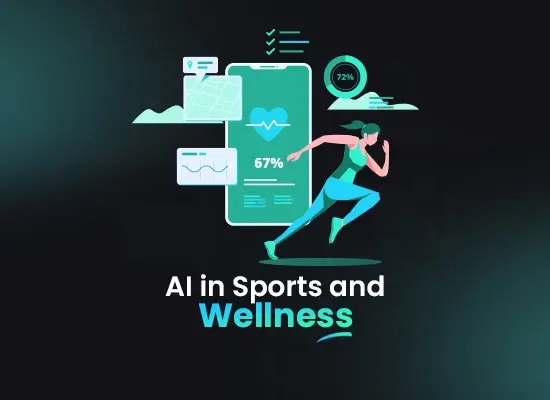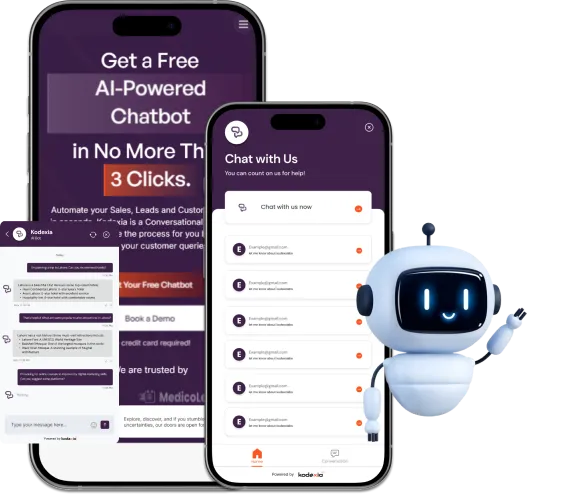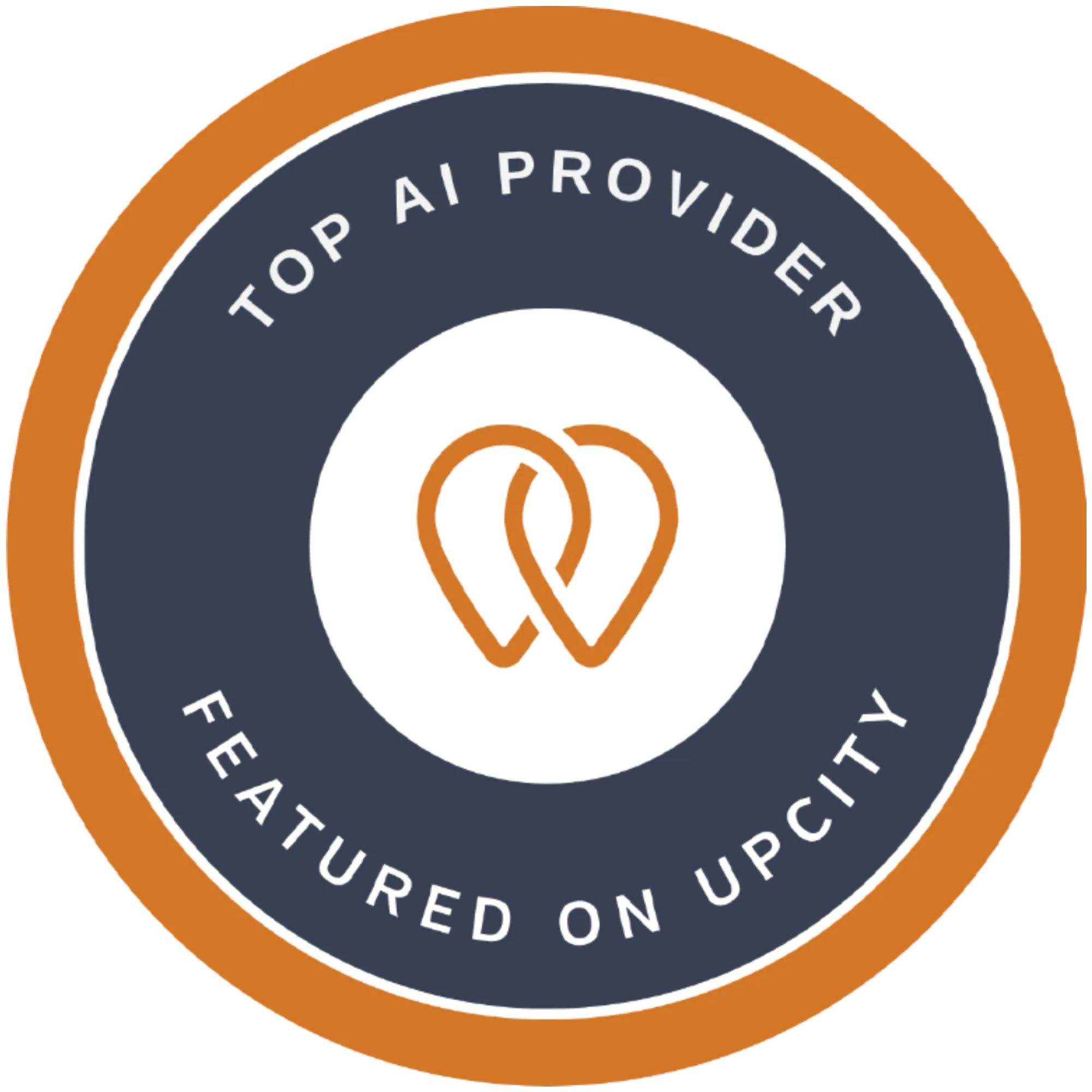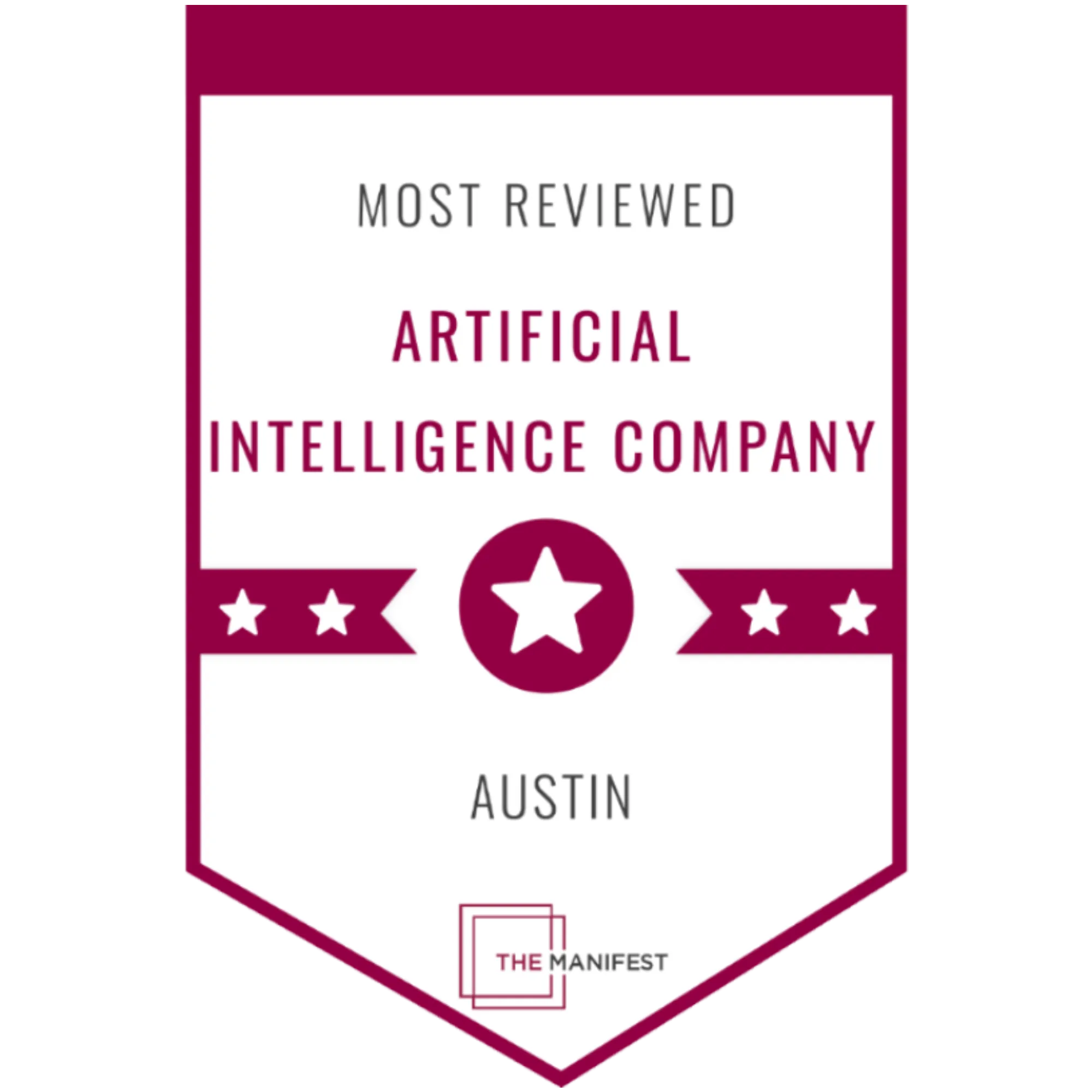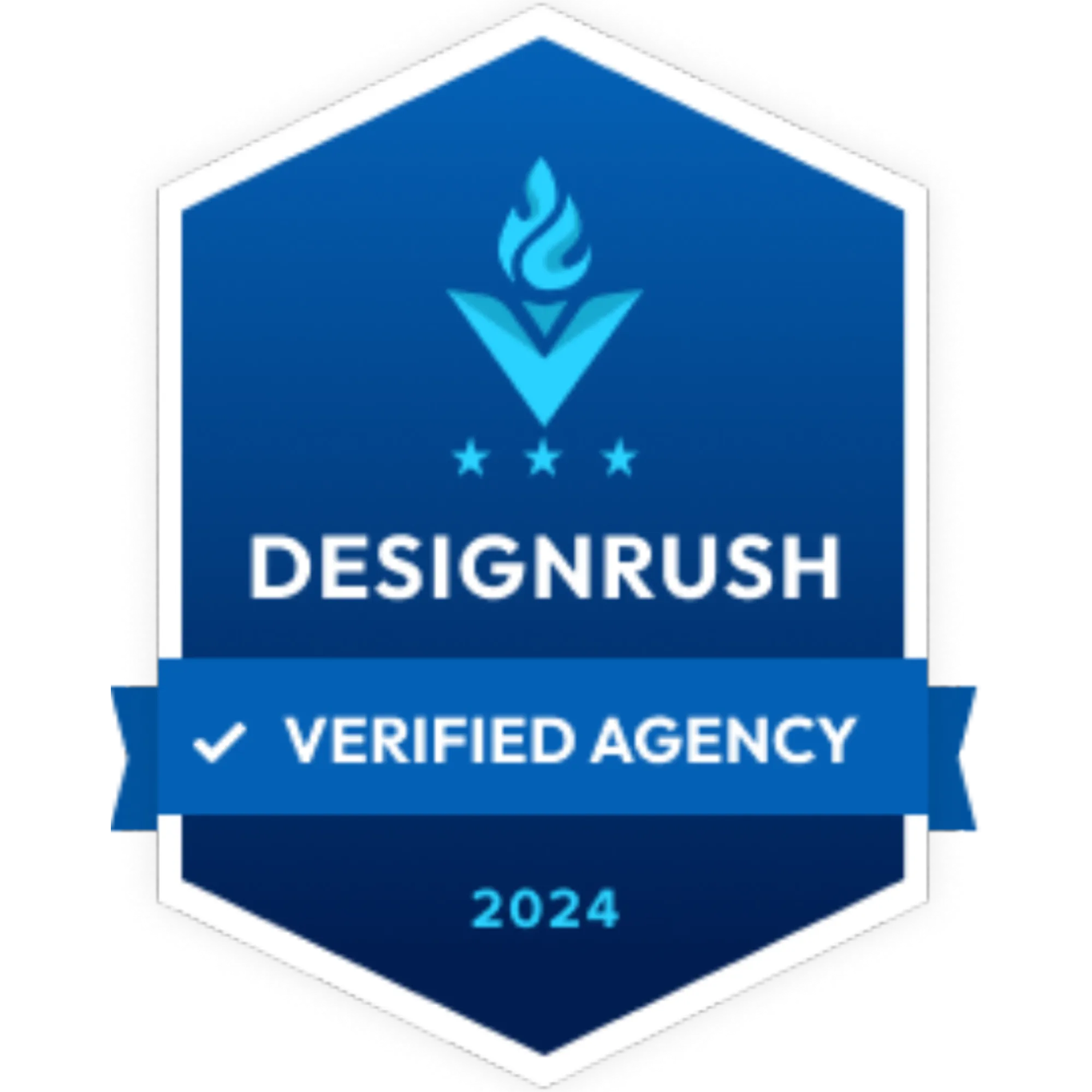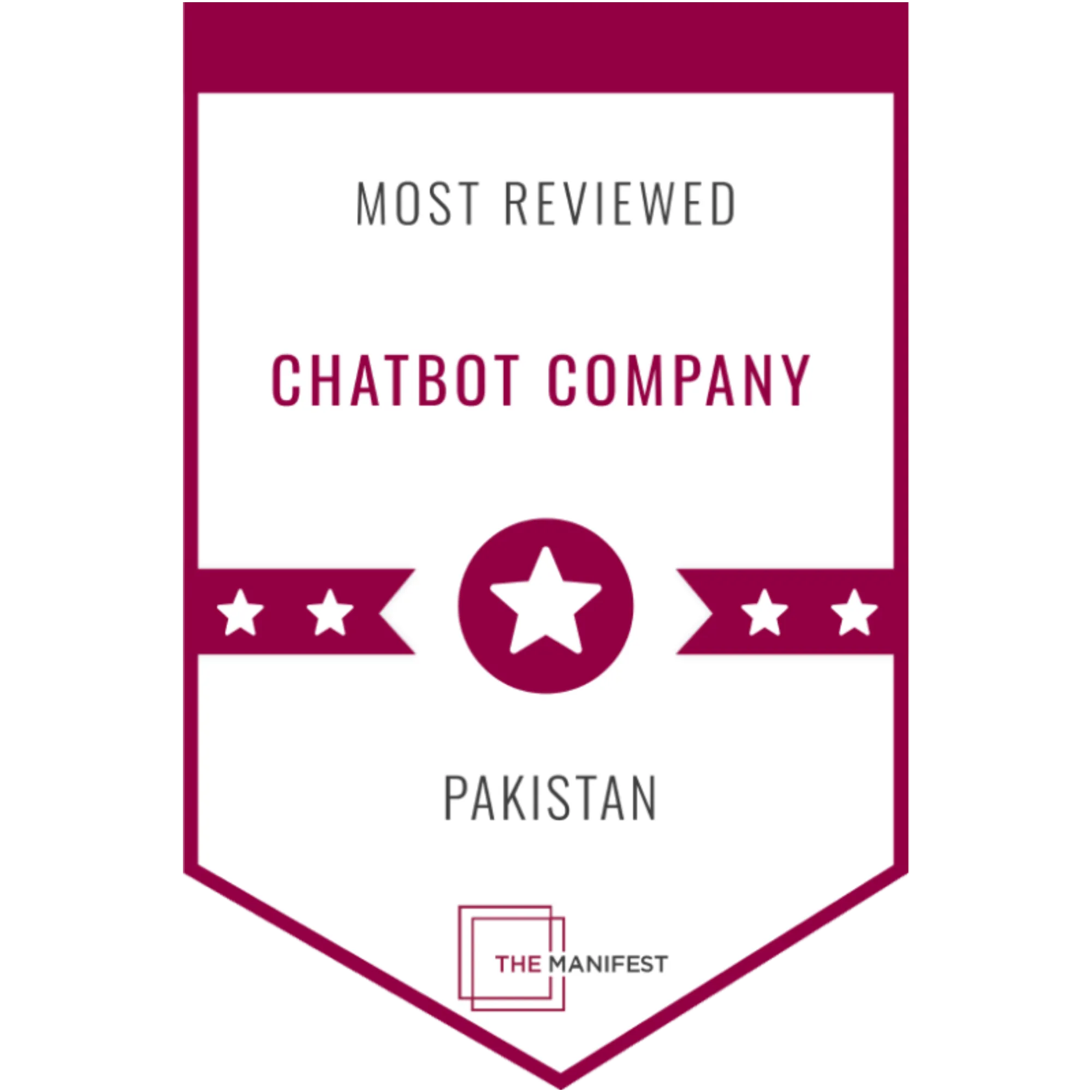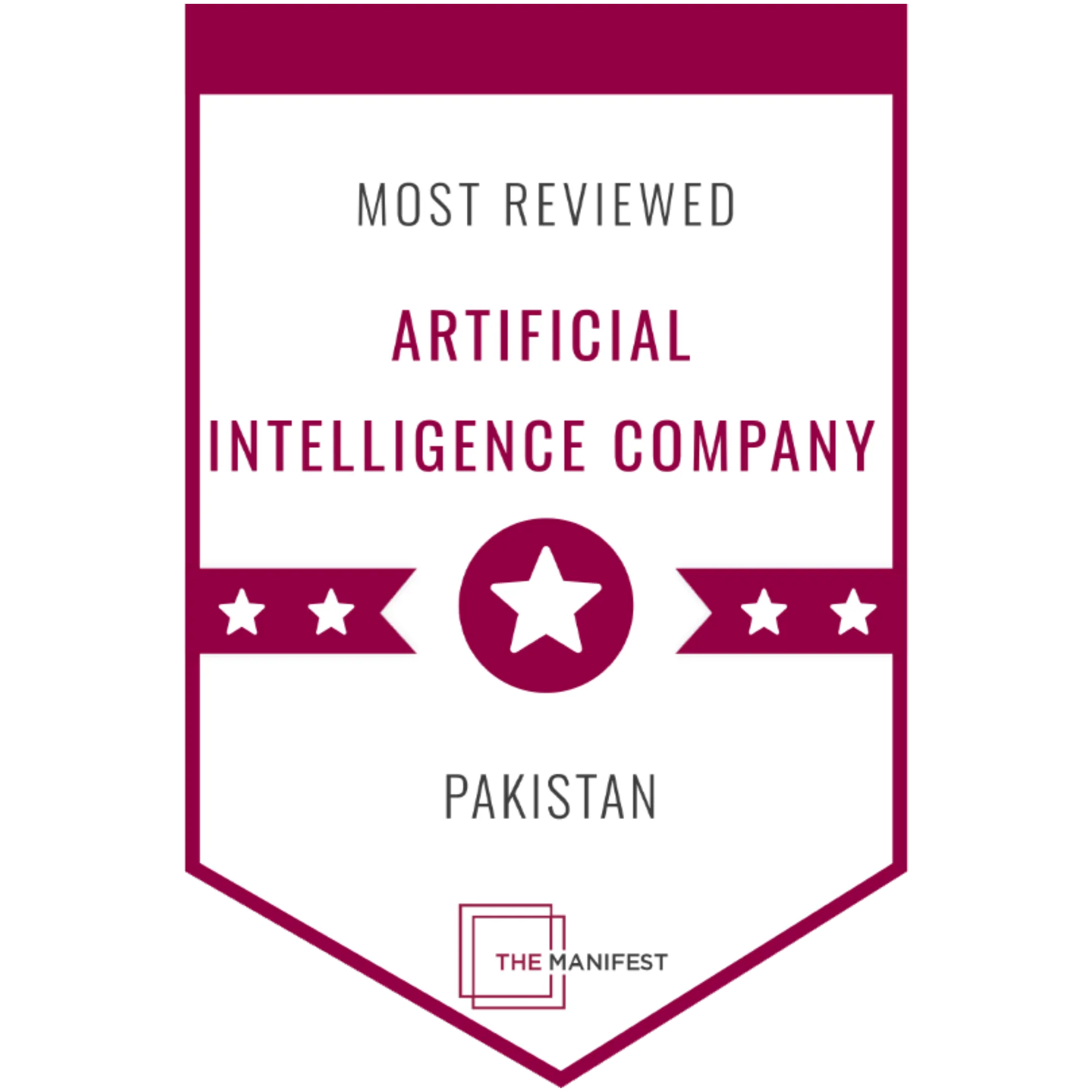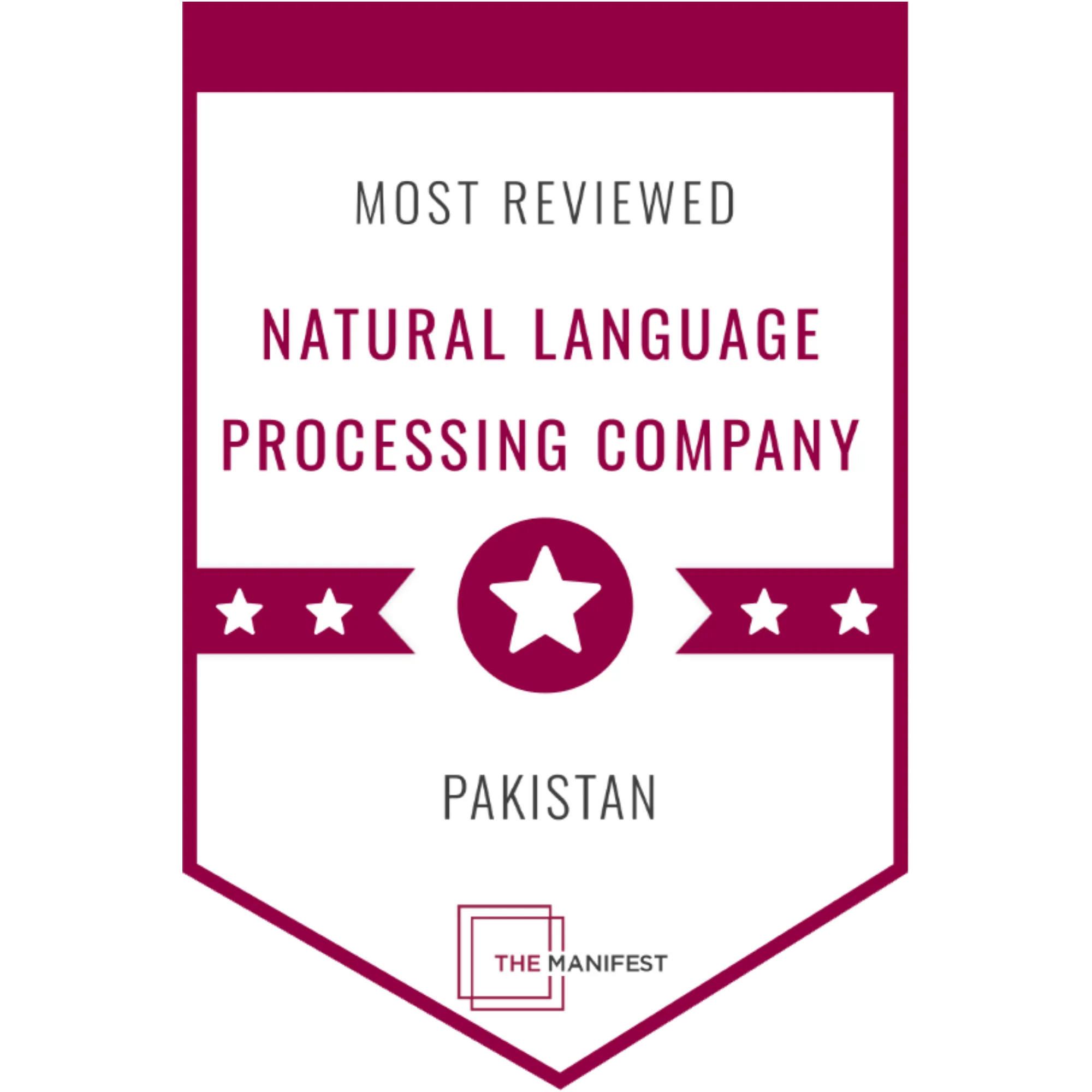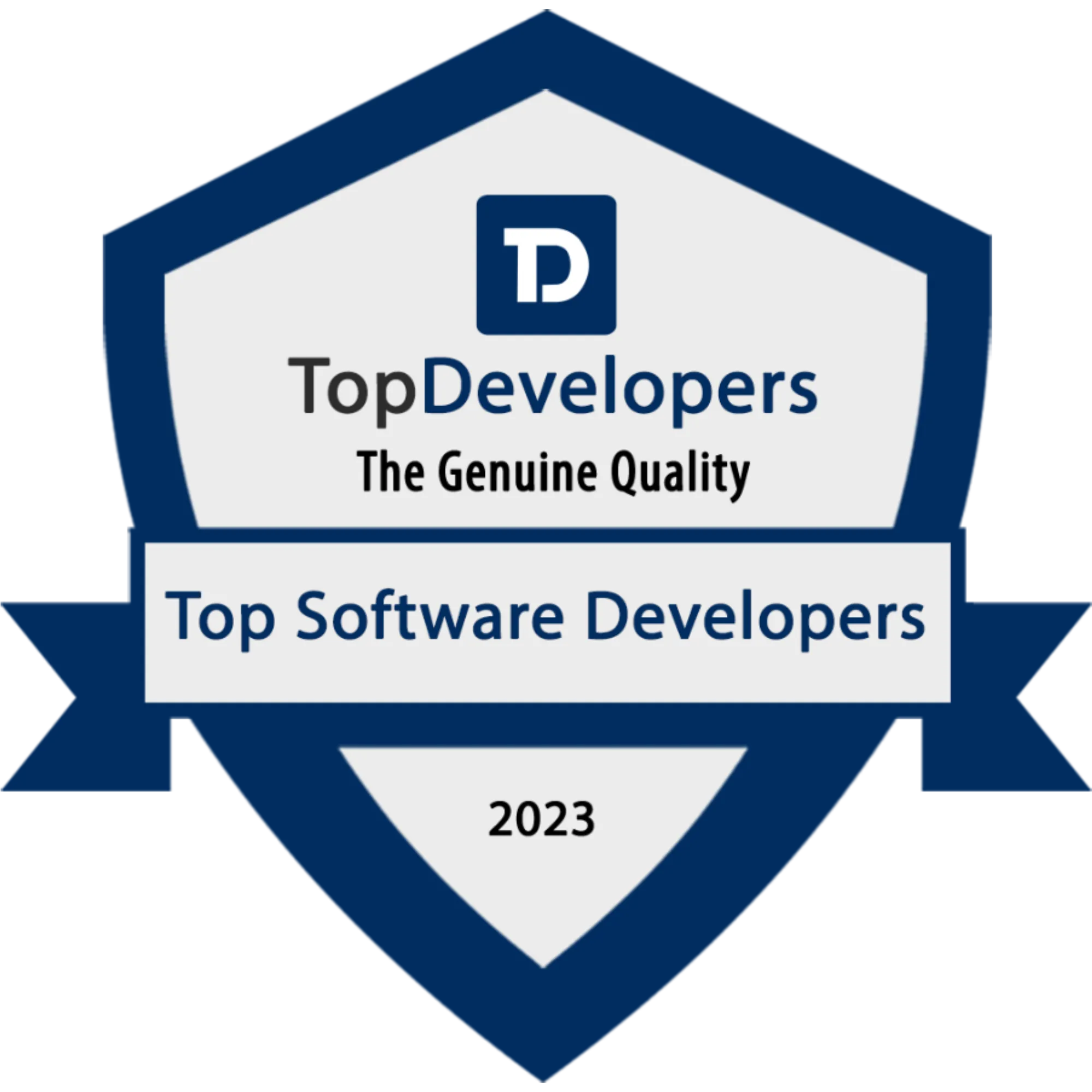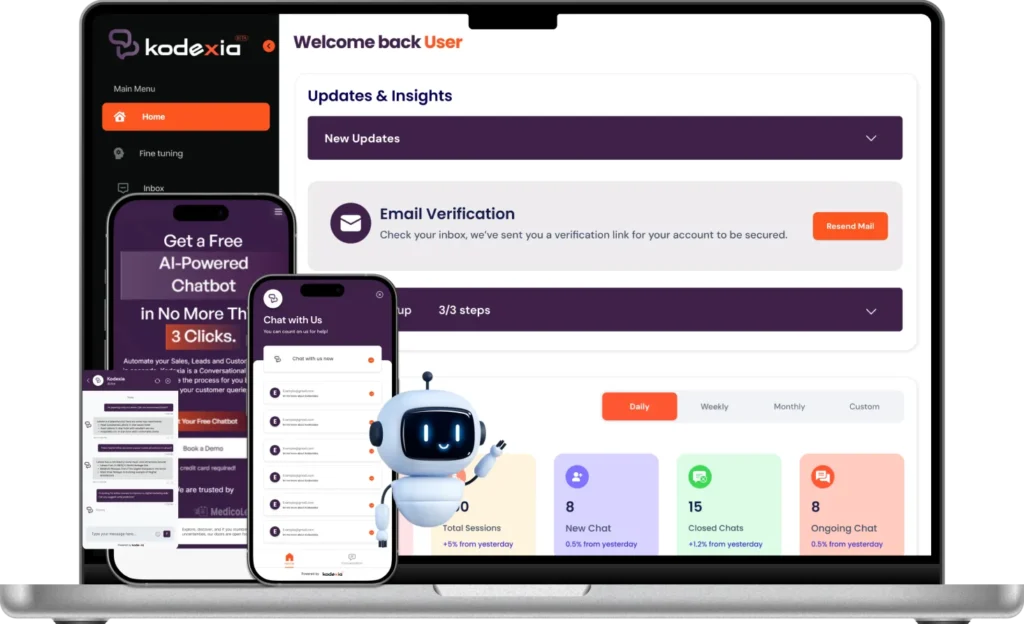AI in HR – Let Artificial Intelligence Define the Possibilities Beyond Human Resources
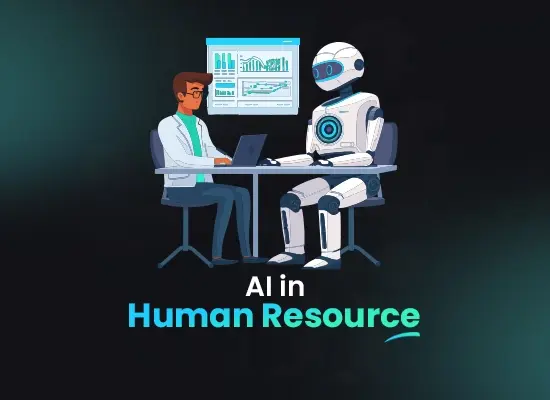
Contents
While AI holds immense potential for HR, it’s important to remember that it’s a tool, not a replacement for human expertise. HR professionals will still need to use their judgement and discretion when making decisions about people. However, AI can be a powerful asset that can help HR professionals to work more efficiently and effectively.
What is AI in HR?
AI or Artificial Intelligence, is rapidly transforming the world of Human Resources. One of the most significant impacts is on the recruitment process. AI-powered automated hiring systems are streamlining applicant screening, sorting through resumes with unmatched speed and efficiency. These systems can identify keywords and skills relevant to the job description, filtering out unqualified candidates and saving HR professionals’ valuable time.
But AI in hiring goes beyond just filtering. Machine learning algorithms can analyse a candidate’s online presence, including social media profiles and past work experience, to create a more comprehensive picture of their qualifications and cultural fit. This can help identify promising candidates who might otherwise be overlooked by traditional methods
The impact of AI extends beyond recruitment. Automated on-boarding, powered by AI chatbots and virtual assistants, is transforming the way new hires are welcomed into an organization. These automated systems can deliver personalized information about company policies, benefits, and work culture, freeing up HR professionals to focus on more complex tasks and fostering a smoother transition for new employees.
In essence, AI is ushering in a new era of HR, characterized by efficiency, data-driven decision making, and a more personalized experience for both job seekers and employees. From automated hiring systems to automated employee on-boarding, AI is helping HR departments work smarter, not harder.
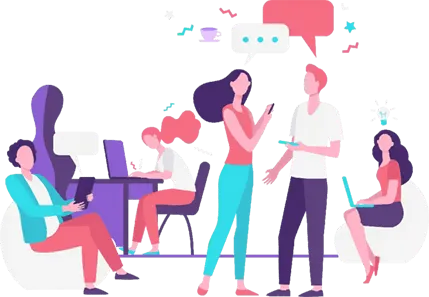
Why is AI in HR Important?
AI is revolutionizing HR by streamlining tasks and making them more efficient. Repetitive jobs like resume screening and scheduling interviews can be automated by AI, freeing up HR professionals for more strategic work. This can lead to faster hiring times and a better overall experience for candidates.
AI can also help reduce bias in the hiring process. By using machine learning operations to analyze resumes and applications, AI can help identify the most qualified candidates without regard to factors like race, gender, or age. This can lead to a more diverse and inclusive workforce.
Furthermore, AI can be used to improve employee engagement and retention. AI-powered chatbots can answer employee questions and provide support, while AI-powered analytics can be used to identify potential problems and areas for improvement. This can help create a more positive work environment and keep employees happy and productive.
How to Use AI in HR?
HR departments can leverage AI to streamline many tasks and gain valuable insights. AI can automate repetitive tasks such as resume screening and scheduling interviews, freeing up HR professionals for more strategic work.
In recruitment, AI uses data analytics to analyze resumes to identify qualified candidates based on specific criteria. This can significantly reduce the time it takes to fill open positions. AI can also be used to develop chatbots that answer frequently asked questions from candidates, improving the overall candidate experience.
AI can also be used to improve employee engagement. AI-powered surveys can be used to collect feedback from employees and identify areas where morale is low. This information can then be used to develop targeted programs to improve employee satisfaction. Additionally, AI can be used to personalize training and development programs for employees.
9 ways to Implement AI in HR:
Implementing open-source AI for HR can be a feasible and cost-effective approach. Here are the steps an individual can take to implement it:

Identify HR Challenges:
Understand the specific HR challenges your organization faces, such as recruitment, employee engagement, performance management, or talent development. Identifying these challenges will help you determine which areas can benefit from AI solutions.
Research Open-Source AI Tools:
Explore open-source AI tools and libraries that are relevant to HR applications. Look for tools that offer functionalities such as natural language processing (NLP), machine learning, sentiment analysis, and AI chatbot development. Some popular open-source AI frameworks include TensorFlow, PyTorch, scikit-learn, spaCy, and Rasa.
Assess Data Availability and Quality:
Evaluate the availability and quality of HR data within your organization. Determine whether you have access to sufficient data for training Generative AI models, such as employee records, performance evaluations, survey responses, and recruitment data. Ensure that the data is clean, organized, and compliant with privacy regulations.
Define Use Cases and Objectives:
Define clear use cases and objectives for implementing open-source AI in HR. Determine the specific tasks or processes you want to automate or enhance using AI and machine learning development, such as resume screening, employee sentiment analysis, skills assessment, or personalized learning recommendations.
Build or Customize AI Models:
Depending on your technical expertise and resources, you can either build AI models from scratch using open-source libraries or customize pre-trained models to suit your HR needs. For example, you can train machine learning models to predict employee turnover, classify job applicants, or analyse employee feedback.
Integrate AI Solutions into HR Systems:
Integrate AI solutions into your existing HR systems and workflows. This may involve deploying AI-powered chatbots for employee inquiries, incorporating predictive analytics into talent management processes, or embedding AI algorithms into performance evaluation tools.
Test and Iterate:
Test the performance of your AI solutions in real-world HR scenarios and gather feedback from HR professionals and end-users. Iterate on your models and algorithms based on the results and refine them to improve accuracy, efficiency, and user experience.
Monitor and Maintain:
Continuously monitor the performance of your AI solutions and update them as needed to adapt to changing HR requirements, business objectives, and technological advancements. Ensure compliance with data privacy and ethical standards throughout the implementation and maintenance process.
Provide Training and Support:
Provide training and support to HR staff and other stakeholders to ensure they are comfortable using AI tools and understand how to interpret and act on the insights generated by these tools. Foster a culture of continuous learning and innovation within the HR department.
By following these steps, individuals can effectively implement open-source AI solutions to address HR challenges and enhance organizational performance.
Is Automated Employee Onboarding a Good Alternative to Traditional Onboarding Techniques?
In today’s fast-paced world, companies are constantly seeking ways to streamline processes and improve efficiency. This extends to the realm of talent acquisition, where traditional onboarding techniques can feel cumbersome and time-consuming. Enter automated employee onboarding, a revolutionary approach that leverages technology to usher in a new era of efficient and effective onboarding.
An automated onboarding system, often integrated with an automated hiring system, eliminates the need for manual tasks like scheduling meetings, sending out paperwork, and provisioning access to various applications. This frees up HR professionals and managers to focus on more strategic initiatives, while ensuring new hires have a smooth and efficient entry into the organization.
AI in hiring can further enhance automated onboarding by personalizing the experience for each new hire. Based on their role, skills, and background, an AI-powered system can curate a learning path with relevant training materials and resources. This not only accelerates the learning curve but also fosters a sense of engagement and value from the get-go.
However, it’s important to remember that automated employee onboarding shouldn’t be a replacement for human interaction altogether. While automation excels at streamlining administrative tasks, fostering a sense of belonging and company culture requires a human touch. The ideal approach combines the efficiency of automated onboarding with personalized interactions from managers, mentors, and colleagues. This creates a well-rounded onboarding experience that sets new hires up for success.
When Do You Need an Automated Hiring System?
Recruiting can be a time-consuming process, filled with repetitive tasks. This is where an automated hiring system can become your secret weapon. By leveraging AI in hiring, you can streamline the process, freeing up your team to focus on high-value tasks.
Imagine an automated hiring system that swiftly screens resumes, identifies qualified candidates, and even schedules initial interviews. This is all possible with AI, allowing you to cast a wider net and find top talent faster. But the benefits go beyond initial screening. An automated hiring system can also facilitate automated onboarding, ensuring a smooth transition for new hires.
Automated onboarding automates tasks like sending new-hire paperwork and scheduling training sessions. This not only saves your HR team precious time, but also creates a positive first impression for new employees. By implementing an automated hiring system with AI in hiring and automated onboarding, you can revolutionize your recruitment process, freeing up your team to focus on what matters most: building a strong and talented workforce.
Top 5 Applications of AI in Hiring:

1- Recruitment and Candidate Screening:
AI can automate the initial screening of resumes, matching candidate profiles with job requirements, and even conduct preliminary interviews through chatbots or virtual assistants.
2- Employee On-boarding:
AI-powered chatbots can assist new hires during the onboarding process by providing information about company policies, procedures, and answering common questions.
3- Performance Management:
AI tools can analyse employee performance data to identify trends, patterns, and areas for improvement. This can help HR professionals provide targeted coaching and development opportunities.
4- Employee Engagement and Retention:
AI can analyse employee feedback from surveys, emails, and other sources to gauge sentiment and identify factors influencing engagement and retention. This information can be used to implement strategies to improve workplace satisfaction.
5- Learning and Development:
AI-powered learning platforms can personalize training programs based on individual employee’s skills, learning styles, and career goals. This ensures that employees receive relevant and effective learning experiences.
Is Automated Onboarding Dangerous?
The rise of AI in hiring has brought with it a wave of innovation, including automated hiring systems and automated onboarding. While these technologies can streamline processes and save time, some worry they might be a step too far. Could automated employee on-boarding be dangerous?
Proponents of automated onboarding highlight its efficiency. Repetitive tasks like setting up accounts and benefits can be handled automatically, freeing up HR professionals for more strategic work. Additionally, automated onboarding systems can deliver information consistently and 24/7, ensuring all new hires receive the same foundation.
However, critics argue that relying solely on automated onboarding can leave new employees feeling isolated and disengaged. The human touch of a dedicated onboarding specialist is crucial for building rapport, answering questions, and fostering a sense of belonging. Furthermore, automated systems might miss nuances or require information not easily captured in a digital format.
The key might lie in a hybrid approach. Automated onboarding systems can handle the administrative tasks, but should be complemented by human interaction. HR professionals and managers can use the saved time to personally welcome new hires, answer questions, and provide role-specific guidance. This balance between efficiency and human connection can ensure a smooth and successful onboarding experience.
How Can AI help in Automated Employee Onboarding?
The recruitment landscape is undergoing a significant transformation. Gone are the days of solely relying on manual processes. Today, automated hiring systems with AI in hiring are streamlining the process, attracting top talent. But the journey doesn’t end there.
This is where automated employee onboarding steps in. By leveraging the power of AI, companies can create a seamless and engaging experience for new hires right from the get-go. Imagine an automated onboarding system that seamlessly integrates with your existing automated hiring system. New hires who accepted an offer through the automated hiring system can automatically trigger the onboarding process.
An AI-powered automated onboarding system can handle a multitude of tasks, saving HR valuable time and resources. For instance, the system can send personalized welcome emails with pre-boarding tasks and access to relevant company information. It can also schedule meetings with key personnel and automatically set up new employee accounts on various platforms.
Automated employee on-boarding with AI ensures a smoother transition for new hires. They can access information and complete tasks at their own pace, while the system tracks progress and provides reminders. This not only reduces administrative burden on HR but also fosters a sense of autonomy and control for the new employee. Overall, AI-powered automated onboarding creates a win-win situation for both employers and employees.
Potential Future Applications of Automated Hiring System:

Predictive Analytics for Talent Management:
AI can analyse large datasets to predict future talent needs, identify high-potential employees, and forecast turnover rates, allowing HR to proactively address staffing challenges.
Workforce Planning and Optimization:
AI can optimize workforce scheduling and resource allocation by considering factors such as employee skills, preferences, and performance metrics, ensuring efficient utilization of human capital.
Emotion Recognition in Employee Interactions:
AI-powered sentiment analysis tools could detect emotions in employee communications (e.g., emails, chat messages, and video calls) to provide insights into employee morale, engagement, and potential conflicts.
Ethical AI in HR Decision-Making:
As AI algorithms play a more significant role in HR decisions, there will be a growing need for transparency, fairness, and accountability in algorithmic processes to ensure unbiased outcomes and mitigate potential discrimination.
Personalized Employee Well-being Programs:
AI could analyse individual employee data, including health metrics, work patterns, and stress levels, to tailor well-being programs and interventions to address specific employee needs and promote overall health and productivity.
Augmented Reality (AR) for Training and Development:
AR technologies integrated with AI could offer immersive training experiences, allowing employees to simulate real-world scenarios, receive personalized feedback, and acquire new skills more effectively.
AI-Powered HR Virtual Assistants:
Advanced AI virtual assistants could handle a wide range of HR-related tasks, including answering employee queries, providing guidance on company policies, facilitating benefits enrolment, and streamlining administrative processes, freeing up HR professionals to focus on strategic initiatives.
How Can Automated On-Boarding Change the Future of Human Resource Management?
The world of Human Resources is on the cusp of a revolution, driven by the power of automation. While automated hiring systems and AI in hiring have been streamlining the initial stages of recruitment, automated onboarding is poised to transform the way companies welcome and integrate new hires.
Imagine a future where automated onboarding takes care of the repetitive, administrative tasks that often bog down the onboarding process. New hires could receive automated welcome emails with login credentials and benefit information. Automated onboarding platforms could guide them through paperwork, schedule IT equipment delivery, and even set up virtual tours of the office.
This doesn’t eliminate the human touch entirely. Freed from administrative burdens, HR professionals can focus on building relationships with new hires, fostering a sense of belonging, and ensuring they have the resources to succeed. Automated employee onboarding creates a smoother, more efficient process for everyone involved, setting the stage for a more engaged and productive workforce.
How Can Kodexo Labs Help You Achieve Your Desired Goal in Obtaining an Automated Hiring System?
In today’s competitive talent market, streamlining your hiring process is crucial. Kodexo Labs can be your one-stop shop for achieving an efficient and effective automated hiring system.
Our AI-powered platform seamlessly integrates with your existing workflows, taking the grunt work out of recruitment. Imagine sifting through hundreds of resumes in minutes – AI in hiring allows you to screen candidates based on predefined criteria, saving you time and resources.
But Kodexo Labs, an AI software development company goes beyond just applicant tracking. We help you create a smooth and automated onboarding experience. An automated employee on-boarding program ensures new hires receive all the necessary information and training from day one, fostering a sense of belonging and improving retention rates.
With Kodexo Labs, you can achieve a frictionless recruitment process, from attracting top talent with an automated hiring system to integrating them seamlessly into your company culture through automated employee on-boarding. Let us help you find the perfect fit, while you focus on what matters most – running your business.
Will AI Replace HR Professionals?
Artificial intelligence (AI) is rapidly transforming many industries, and HR is no exception. AI can automate many routine HR tasks, such as screening resumes, scheduling interviews, and onboarding new hires. This can save HR professionals a significant amount of time and effort.
However, AI is unlikely to completely replace HR professionals in the foreseeable future. HR professionals play a vital role in building and maintaining company culture, managing employee relations, and developing talent. These tasks require human skills such as judgement, empathy, and critical thinking that AI cannot yet replicate.
In conclusion, AI is likely to become a valuable tool for HR professionals, but it is not a replacement for human expertise. The future of HR is likely to see a collaboration between AI and HR professionals, with AI handling the routine tasks and HR professionals focusing on the more strategic aspects of the job

Conclusion:
AI is revolutionizing HR, but it’s not here to replace HR professionals. Instead, AI automates repetitive tasks like screening resumes and scheduling interviews, freeing HR to focus on strategic initiatives and building strong relationships with employees.
This human-AI collaboration unlocks a new level of efficiency and personalization. AI can analyse vast amounts of data to identify top talent and predict employee needs, while HR brings the human touch to decision-making and fostering a positive work environment.
However, ethical considerations around bias and transparency remain. Careful implementation and ongoing monitoring are crucial to ensure AI in HR is fair and beneficial for both businesses and employees. As AI continues to evolve, HR will play a critical role in shaping the future of work, ensuring technology serves humanity.

Author Bio
Read More Blogs
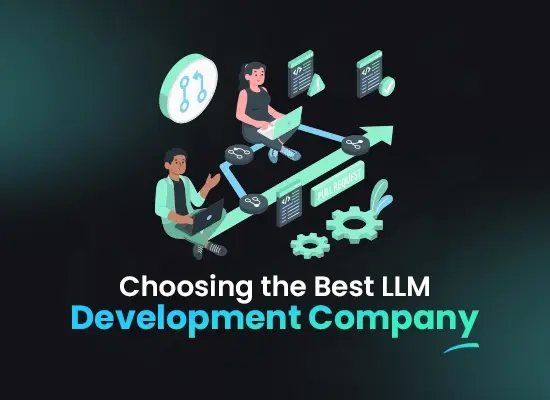
How to Choose the Best LLM Development Company?
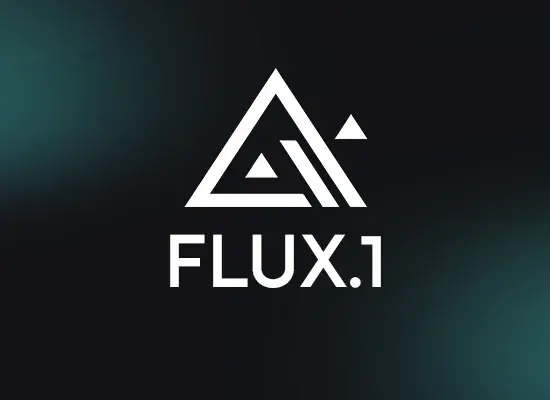
Flux.1 – Does This Image Generator Surpass Stable Diffusion?
